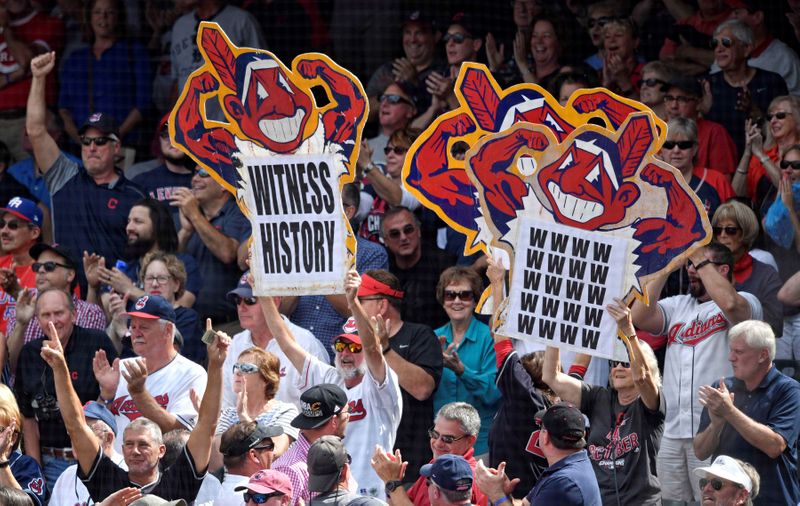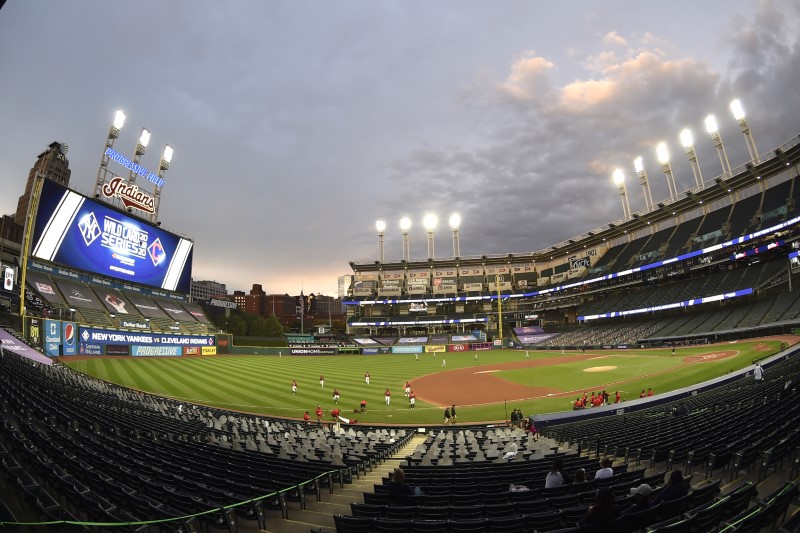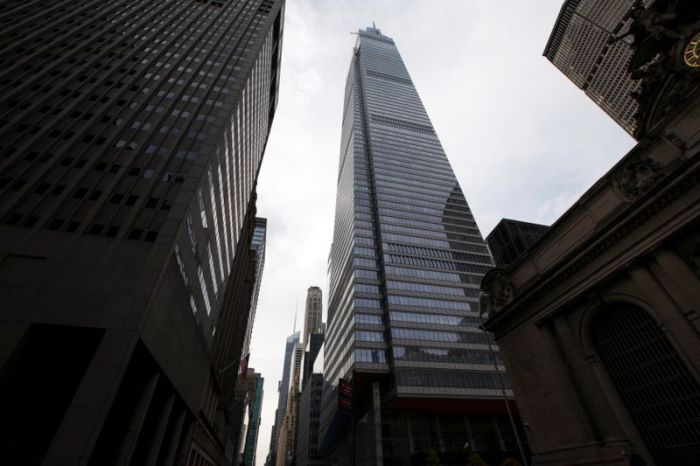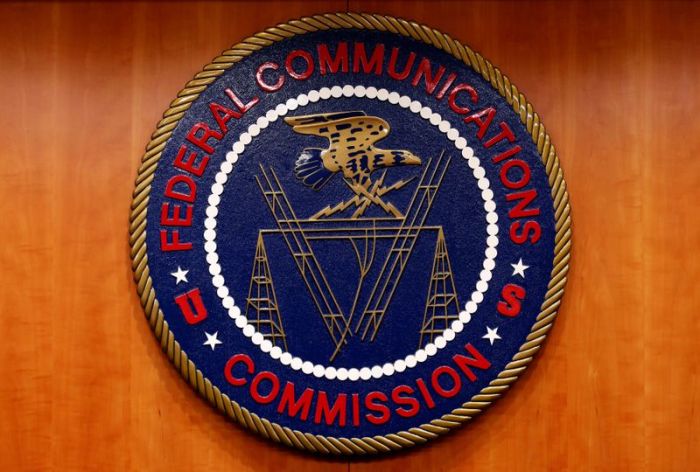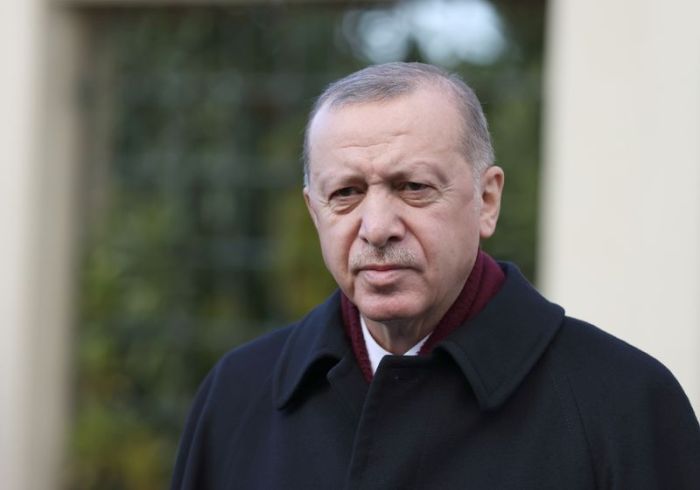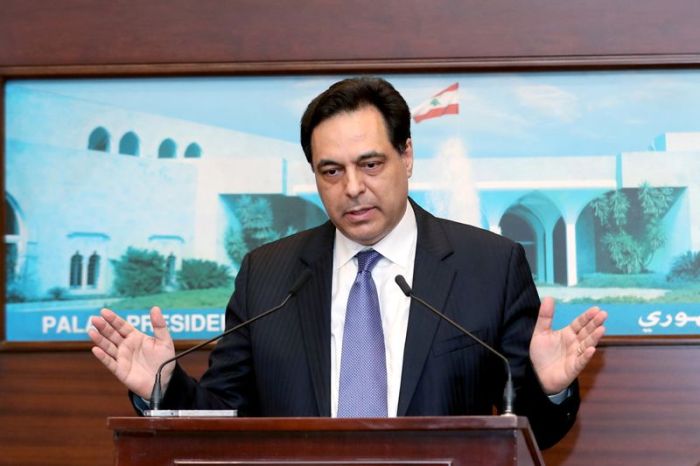(Reuters) – Major League Baseball’s (MLB) Cleveland team will drop its “Indians” name, following persistent criticism that it was offensive to Native Americans, the franchise said on Monday, but will continue to use it during the 2021 season.
The Cleveland team said in a statement it would begin the process of “determining a new, non-Native American based name for the franchise” 105 years after adopting the name, citing a desire to unify its community.
“Hearing firsthand the stories and experiences of Native American people, we gained a deep understanding of how tribal communities feel about the team name and the detrimental effects it has on them,” team owner Paul Dolan said in a statement.
The announcement comes amid a nationwide reckoning over racial inequality in the United States that prompted the National Football League’s (NFL) Washington franchise to drop its “Redskins” team name in July after 87 years.
“Today’s announcement represents a monumental step forward in Indian Country’s decades-long effort to educate America about what respect for tribal nations, cultures, and communities entails,” National Congress of American Indians (NCAI) President Fawn Sharp said in a statement.
Unlike the Washington NFL team, which immediately discontinued the use of its previous name and adopted the temporary moniker “Washington Football Team” while it develops a new brand, Cleveland said it will continue using the “Indians” name until a new one is identified.
The Oneida Indian Nation in New York, which led the Change the Mascot campaign against the Washington Football Team’s former nickname, called the Cleveland change a “commendable decision.”
“This is the culmination of decades of work,” Oneida Nation Representative Ray Halbritter said in a written statement. “Social science has made clear these names are harmful and Cleveland got out in front of it.”
‘WE ARE REAL PEOPLE’
The team, which has won only two World Series championships since its founding, removed its “Chief Wahoo” logo from uniforms starting with the 2019 season. It retained other traditions such as referring to itself as “the Tribe.”
Stephanie Fryberg, a member of the Tulalip Tribes of Washington State and a professor of psychology at the University of Michigan, said that team names and traditions that “romanticize” Native American lives are harmful.
“When you romanticize us, you don’t take us seriously … it’s like seeing us through some Disney ‘Pocahontas’-type representation. We are real people,” said Fryberg, whose research shows that native mascots in particular are especially harmful to native children, leading to lower self-esteem.
She called the removal of the “Chief Wahoo” mascot a “good first step” and said she applauded the team for moving on from the name “before they were forced to do it.”
The use of mascots and names referencing Native Americans is deeply embedded in all levels of competitive sport, from youth leagues through collegiate programs and professional franchises, drawing frequent criticism from communities that deem the practice offensive.
In the United States, teams including the National Hockey League’s (NHL) Chicago Blackhawks and MLB’s Atlanta Braves have previously stated no intention to alter their names.
“For six decades our community has fought tirelessly to be recognized as diverse and vibrant, instead of portrayed in inaccurate and harmful ways,” said the Cleveland Indigenous Coalition, which is collaborating with the team during its transition to a new name.
“By agreeing to change the team name away from Indigenous themes, the Cleveland baseball team is helping to create a place where Native American children and their families feel valued and fully seen.”
(Reporting by Amy Tennery in New York; Editing by Jonathan Oatis and Matthew Lewis)

